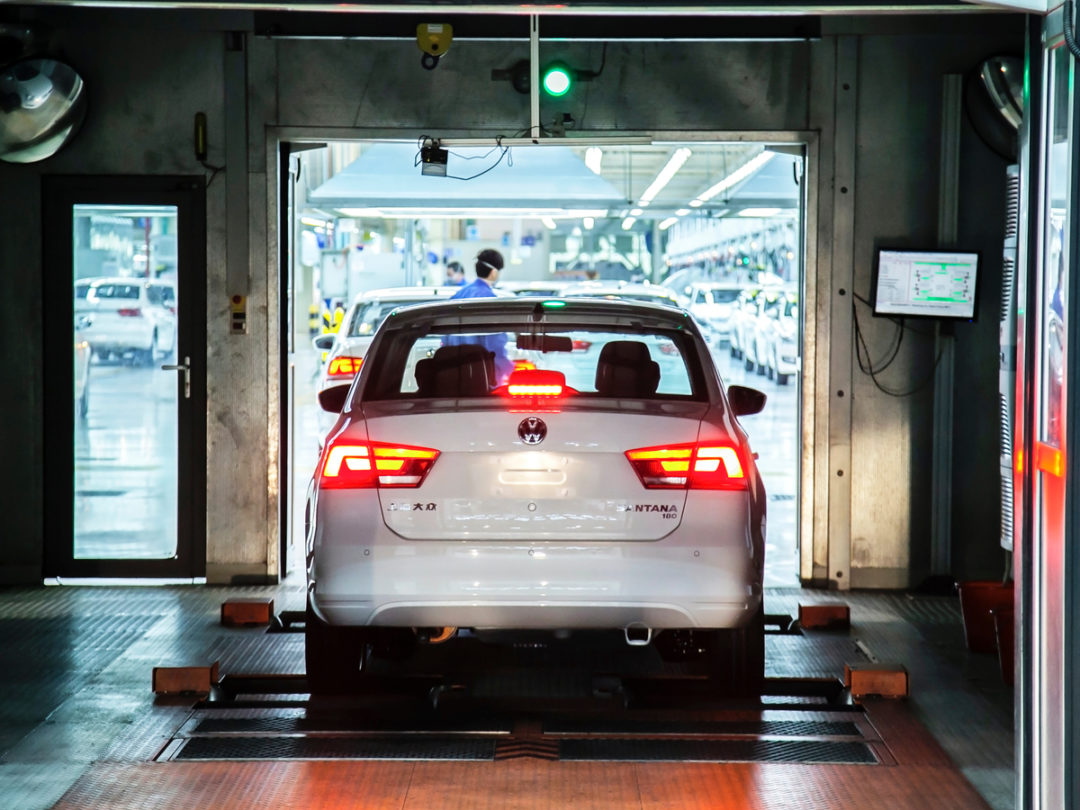
Visit Our Sponsors |
|
|
|
|
|
|
|
|
|
|
|
|
|
|
|
|
|
|
|
|
|
|
|
|
|
|
|
|
|
|
|
|
|
|
|
|
|
|

Europe will be a loser should U.S.-China relations deteriorate further, even if some companies stand to benefit.
The administrations of both President Donald Trump and his counterpart Xi Jinping have signaled they’re willing to ramp up tariffs on each other in the event that a 90-day truce to negotiate doesn’t produce results.
Goldman Sachs Group Inc. said this week that Europe might boost sales to China if the Asian nation turns against the U.S. The bigger problem is that Chinese factories and consumers are now a key piece of the global economy.
“We would anticipate a negative impact on European trade through lowered final demand and broken supply chains, with only a partial possible benefit of increased exports to China,” Huw Pill, Goldman’s chief European economist, said in a note. “Even that partial benefit could be offset completely if China were to offload products in Europe, hurting producers, as the EU Commission claims they did in July 2018."
Here are some of the key linkages that will be affected:
Denting Demand
The U.S. and China are the two biggest destinations for European Union exports outside the 28-nation bloc, and German carmakers including Volkswagen and BMW have already been hurt by weaker demand this year. Manufacturers highlighted declining sales to China in a recent business survey.
According to Goldman, most European countries have exposure to China and the U.S. of around 1 to 2 percent of output each. Mounting uncertainty means businesses will be reluctant to invest and expand, said Ricardo Garcia, chief euro-zone economist at UBS Global Wealth Management.
Chain Effect
A significant portion of European businesses manufacture in China for U.S. customers. As a result, they are also hurt by Trump’s tariffs, according to the European Union Chamber of Commerce in China.
“They hate the uncertainty,” said Carlo D’Andrea, the chamber’s vice president. "It’s the sword of Damocles dangling over their head. "
Substitution
Europe and the U.S. export similar goods to China — medical appliances and integrated circuits, for example. If tariffs stay in place or rise, European manufacturers — particularly those in Germany and the U.K. — are set to benefit because American goods will become more expensive. They’d suffer from a truce in which China would probably promise to buy more from the U.S.
Siemens Healthineers plans to keep production in China despite trade uncertainty. According to Leon Lei, a market specialist at China Med Device, a Boston-based consultancy which helps foreign companies to access the Chinese market, European makers of devices such as X-ray contrast agents, imaging equipment and MRIs will gain. Medical devices "are more like the aircraft industry,” he said. “If Boeing fails, Airbus will proceed.”
Market Access
Even the limited tariffs so far have “tilted the playing field” toward European companies, said Gabriel Felbermayr, director of the Ifo Center for International Economics. “If you order machines and the machines are tailor-made, it takes six months to a year to deliver, you don’t want to find yourself in a situation where you have to pay 25 percent punitive tariffs.”
European politicians may finally be gaining the clout to force China to address some much-criticized practices: market restrictions, intellectual-property theft and favorable treatment of state enterprises.
“Perhaps it’s a chance for Europe to negotiate and get a deal on some of these things for European companies,” said Guntram Wolff, director of the Bruegel think tank.
RELATED CONTENT
RELATED VIDEOS
Timely, incisive articles delivered directly to your inbox.

